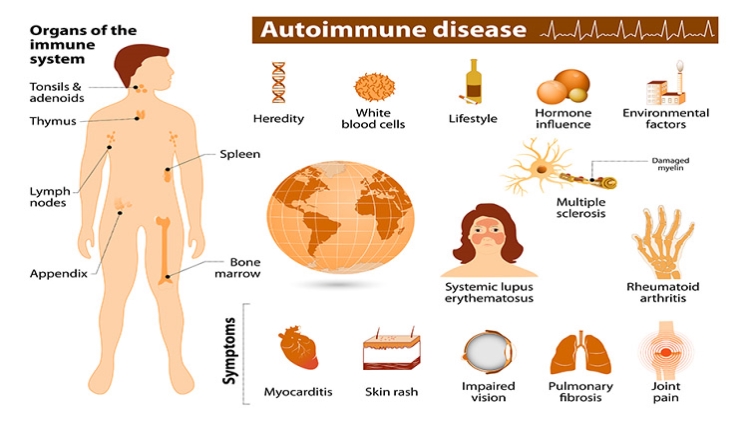If you’ve ever wondered what causes immune system diseases, then this article is for you. Immune system diseases affect the body’s ability to fight off foreign organisms, including viruses and bacteria. In some cases, they are hereditary, but in others, environmental factors trigger flare-ups. While there is no cure for autoimmune diseases, they can be treated and in some cases, go into remission. Read on to learn more about immune system diseases and the treatments available for them.
Some immune system diseases result from defects in the production of certain lymphocytes. Deficiencies in these cells are rare, but can affect all aspects of the immune system. Some, like X-linked infantile agammaglobulinemia, affect only males. In this disease, B lymphocytes are unable to produce all classes of immunoglobulins (IgGs). In the majority of cases, treatment is based on periodic injections of an immune globulin.
A number of different types of autoimmune cytopenias can affect a person’s blood cells. Some may be temporary and require no treatment. Others require treatment that aims to reduce the amount of autoantibodies and allow the body to produce healthy blood cells. Some of the treatments that may be used for autoimmune cytopenias include intravenous immunoglobulin, steroids, and chemotherapy drugs. Another treatment involves using drugs like anti-CD20 to deplete B-cells that produce antibodies. Patients who are diagnosed with cytopenias should be closely monitored by a physician to make sure they are getting the appropriate treatment for their condition.
Some types of autoimmune diseases may lead to symptoms that appear after repeated exposure. However, this is rare and can be deadly. While the most common type of autoimmune disease is a chronic inflammatory disorder, other types of autoimmune diseases may be less serious. Patients suffering from autoimmune disorders often need to undergo immunosuppression in order to receive an organ transplant. Patients with immune system diseases often need to undergo immunosuppression treatment to prevent the body from rejecting the transplant.

